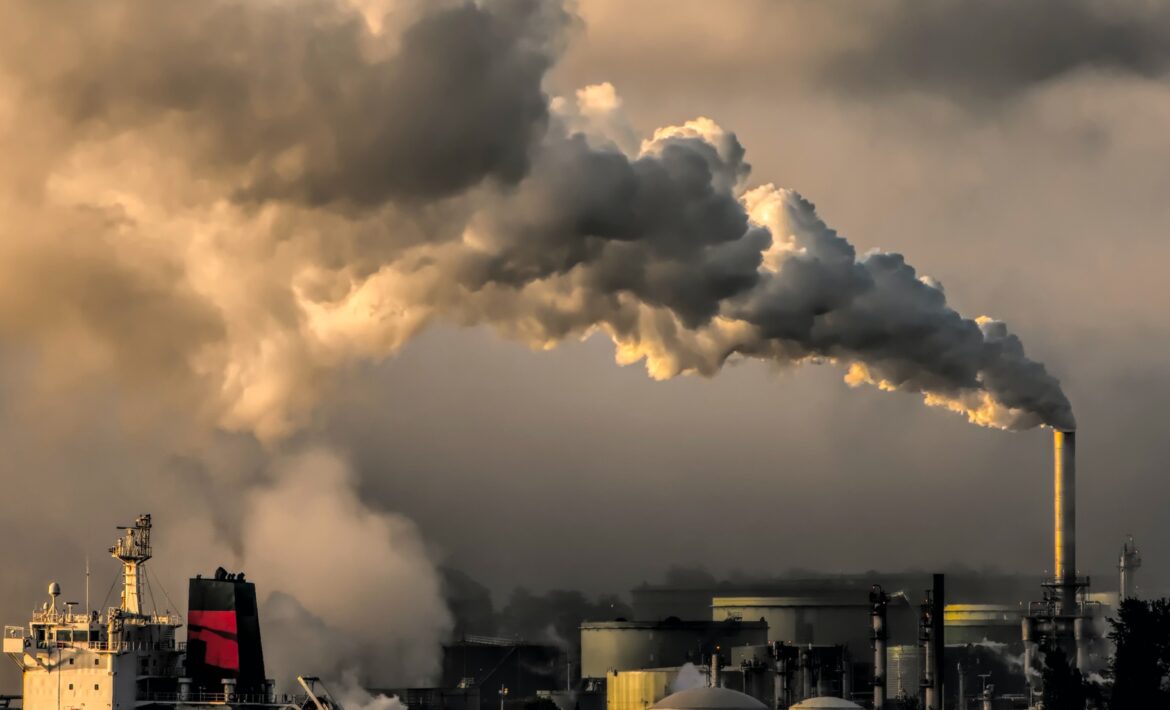
Insights from the 8th Just Transition Platform Conference
by Viola Baldeschi
The Just Transition Platform Conference was an initiative organised by the European Commission’s Directorate-General for Regional and Urban Policy (DG REGIO) and the Directorate-General for Energy (DG ENER) to provide a forum for stakeholders to come together and share views and experiences regarding the ongoing energy transition of carbon-intensive regions. During the 8th edition of the Conference, policy experts, academics and practitioners came together to discuss the state of the just transition, focusing on the implementation process and the challenges encountered.
While the discussion revolved around taking stock of the transition process, highlighting experiences and best practices, on its last day, the conference focused on how equal opportunities in the just transition process are key to ensuring that, following the (too) well-known mantra, no one is left behind. In addition, the conference focussed on how communication with stakeholders is key to the success of the transition and on the role universities can play in ultimately making the transition possible.
Energy poverty, marginalised groups and equal opportunities
On the topic of equal opportunities, speakers such as Veronique Marx, team leader of DG ENER, explained how in the context of the transition, vulnerable groups are more likely to encounter economic hardship. Marx also explained that youth, women, the elderly, and people with disabilities are also more prone to suffer from energy poverty; which is in fact a multidimensional phenomenon that has been on the rise across the EU, especially following the effects of the increase in energy prices and inflation.
Since the 2019 Clean energy for all Europeans package, alongside the more recent Energy Efficiency Directive of September 2023, Member States are required to identify and monitor those who are energy poor, and implement policy initiatives to directly address energy poverty. More recently, the Commission has issued a recommendation to further address this issue, urging Member States to address the root causes of energy deficiencies.
Annabel Wildschut, Research Officer at the European Institute for Gender Equality, explained how women are particularly vulnerable to energy poverty. Wildschut discussed how other factors, such as age, education, disabilities and being in a single-parent household all contribute to increased vulnerability. Moreover, Wildschut also urged the audience to ask themselves who is taking advantage of the transition, who is the most impacted, as well as who is underrepresented in the labour market and in decision making. As a result of systemic socio-cultural issues in the energy sector, which have long rendered it a male-dominated field, women are repeatedly underrepresented in traditional fossil fuel energy markets; consequently, a shift in the education and labour market is necessary for a truly just and inclusive transition.
Along these lines, Alma Midzic, an independent researcher from Bosnia and Herzegovina, noted how women’s participation in rural development, in addition to gender-responsive budgeting, is a crucial issue. Midzic also made clear that citizens do not perceive the green transition as a problem close to their daily struggles, perhaps due to the lack of transparency in the process, alongside the shortfall of citizens taking effective action on, and ownership of, the key issues.
Communicating the just transition process: building consensus
In another conference session on communication in the just transition process, it was highlighted that it is important to communicate clearly about the transition process in order to get citizens on board. For example, one of the speakers, Monika Hencsey, Director of the Budget, Communication and General Affairs department of DG REGIO, explained how that it is crucial to adapt communication to each region and to engage people in the transition process, listening to all voices involved.
In a similar vein, Zsuzsa Piskoti Kovacs, of the Hungarian Coal Commission Secretariat, added that it is fundamental to avoid jargon and implement simple, consistent messaging across time and space.
Dariusz Stankiewicz, of the Marshal’s Office of the Silesian Voivodeship, recounted his experience of collaborating with trade unions as important stakeholders to involve in dialogue with the workers, and to better understand workers’ attitude towards the transition. Stankiewicz also noted how communication strategy frameworks are necessary before, during and after projects are conducted in order to be effective.
Universities as knowledge holders, producers and facilitators of the just transition
To conclude, a final panel, chaired by Robert Pollock, Senior Advisor of the Coal Regions in Transition Initiative Secretariat, discussed universities as key actors of a just transition at regional level. Pollock highlighted how universities can be a bridge between science, policy and communities, and explored how universities can have a key role in ensuring that young people are prepared for the transitions to come.
Margit Keller, Senior Researcher at the University of Tartu, presented her view on how universities take on the role of teachers, researchers, as well as networks and facilitators. Although they are relied upon by businesses for the upskilling and reskilling of workers, these are challenges for the universities themselves, as developing curricula can be a long, difficult and highly politicised process. She also explained how this transition is one that encompasses social, economic and cultural dimensions and it would be reductive to understand it only in terms of skills improvement.
This is why empathy and mutual understanding, as well as developing a connection with the territory, is necessary between universities and local communities. Keller also noted the increased interest from businesses to collaborate with universities to create programmes that cater to the needs of enterprises; although this can be a difficult collaboration between two often different worlds, it is also, in her view, a necessary one.
References:
The author followed the conference live online.
- https://app.swapcard.com/event/8th-just-transition-platform-conference
- https://ec.europa.eu/regional_policy/whats-new/conferences/just-transition-platform-meeting-23-25-october-2023_en



